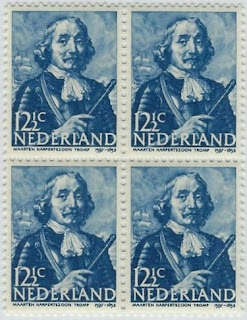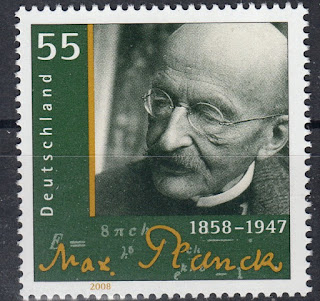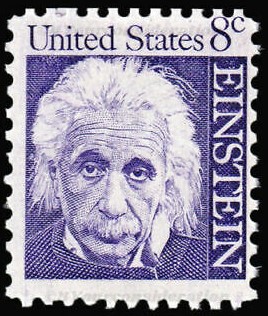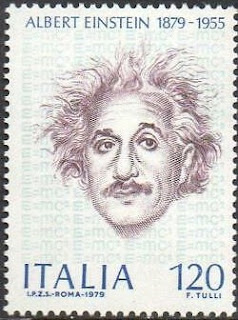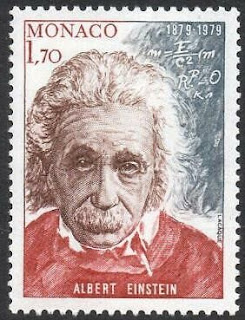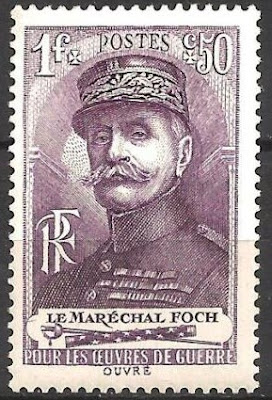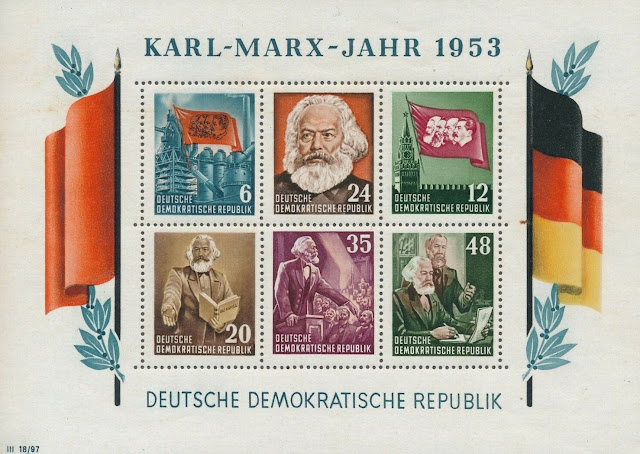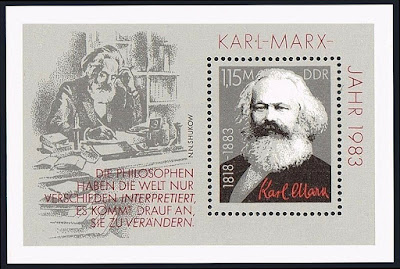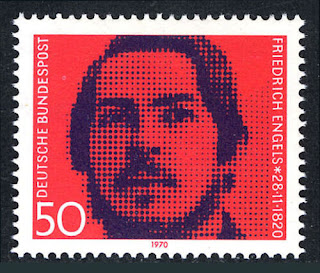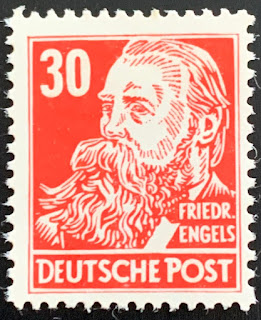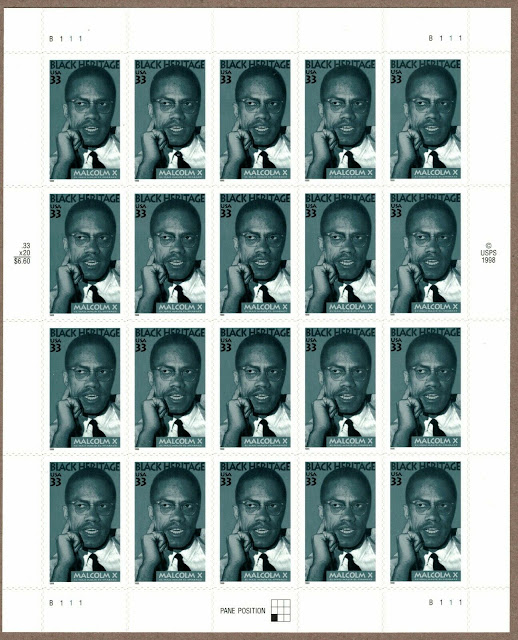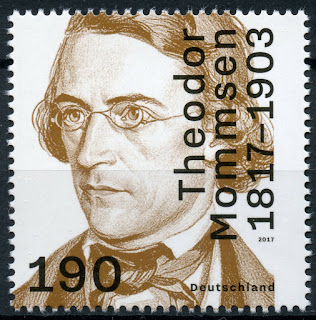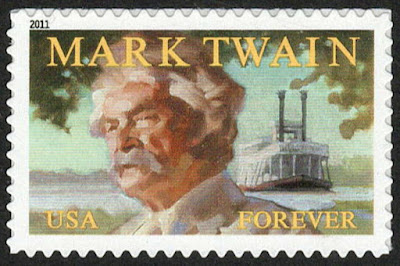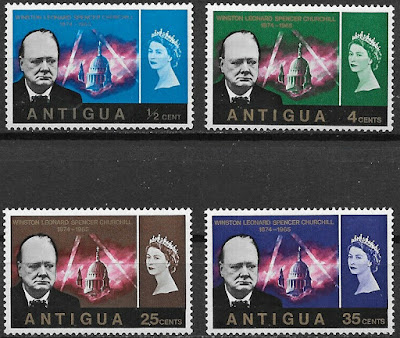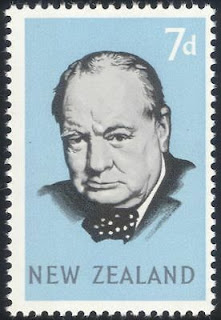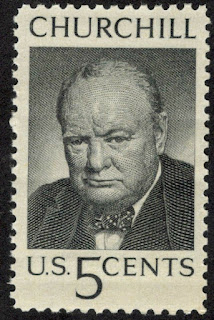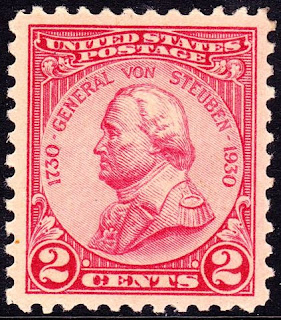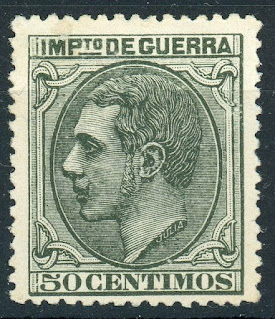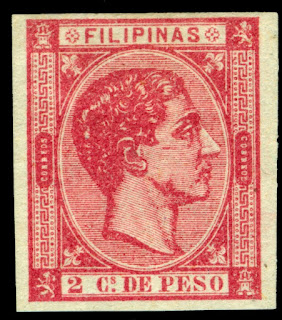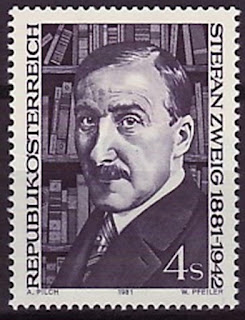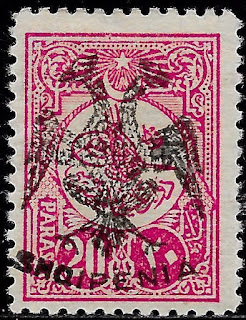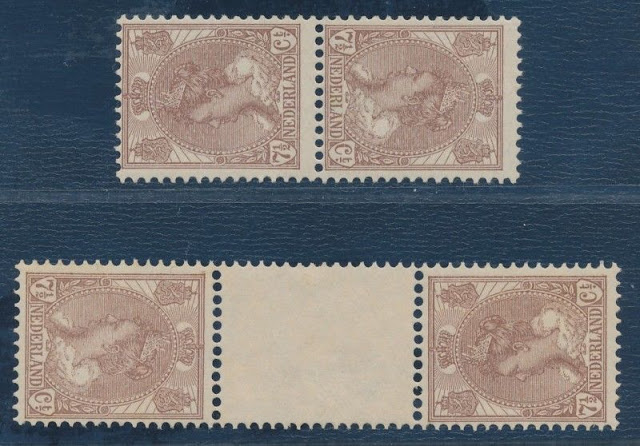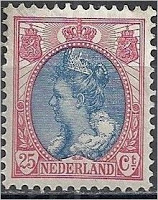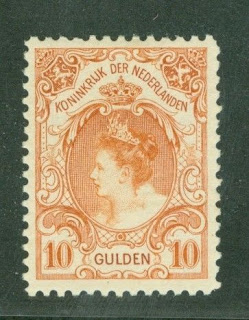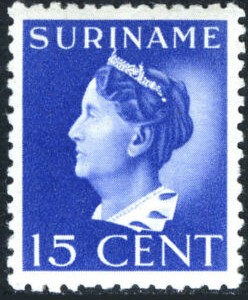Here are some events that happened on November 28th. It could be an event or a person that died or was born on that day
1794 Died: Friedrich Wilhelm von Steuben, Prussian-American general (b. 1730)
Friedrich Wilhelm August Heinrich Ferdinand von Steuben (born Friedrich Wilhelm Ludolf Gerhard Augustin von Steuben; September 17, 1730 – November 28, 1794), also referred to as Baron von Steuben, was a Prussian and later an American military officer. He served as Inspector General and a Major General of the Continental Army during the American Revolutionary War. He was one of the fathers of the Continental Army in teaching them the essentials of military drills, tactics, and discipline. He wrote Regulations for the Order and Discipline of the Troops of the United States, the book that served as the Army's drill manual for decades. He served as General George Washington's chief of staff in the final years of the war.
Generally, Von Steuben Day takes place in September in many cities throughout the United States. It is often considered the German-American event of the year. Participants march, dance, wear German costumes and play German music, and the event is attended by millions of people. The German-American Steuben Parade is held annually in September in New York City. It is one of the largest parades in the city and is traditionally followed by an Oktoberfest in Central Park as well as celebrations in Yorkville, Manhattan, a historically German section of New York City. The German-American Steuben Parade has been taking place since 1958. Chicago also hosts a von Steuben Day parade, which is featured in the U.S. film Ferris Bueller's Day Off. Philadelphia hosts a smaller Steuben Parade in the Northeast section of the city.
Stamps from Germany, Berlin and the US depicting von Steuben
1820 Born: Friedrich Engels, German-English philosopher, economist, and journalist (d. 1895)
Friedrich Engels (28 November 1820 – 5 August 1895) was a German philosopher, historian, communist, social scientist, sociologist, journalist and businessman. His father was an owner of large textile factories in Salford, England, and Barmen, Prussia (now Wuppertal, Germany).
Engels developed what is now known as Marxist theory together with Karl Marx and in 1845 he published The Condition of the Working Class in England, based on personal observations and research in English cities. In 1848, Engels co-authored The Communist Manifesto with Marx and also authored and co-authored (primarily with Marx) many other works. Later, Engels supported Marx financially, allowing him to do research and write Das Kapital. After Marx's death, Engels edited the second and third volumes of Das Kapital. Additionally, Engels organised Marx's notes on the Theories of Surplus Value, which were later published as the "fourth volume" of Das Kapital. In 1884, he published The Origin of the Family, Private Property and the State on the basis of Marx's ethnographic research.
Engels died in London on 5 August 1895, at the age of 74 of laryngeal cancer and following cremation his ashes were scattered off Beachy Head, near Eastbourne.
Stamps from East and West Germany depicting Friedrich Engels
1857 Born: Alfonso XII of Spain (d. 1885)
Alfonso XII (Alfonso Francisco de Asís Fernando Pío Juan María de la Concepción Gregorio Pelayo; 28 November 1857 – 25 November 1885), also known as El Pacificador or the Peacemaker, was King of Spain, reigning from 1874 to 1885. After a revolution that deposed his mother Isabella II from the throne in 1868, Alfonso studied in Austria and France. His mother abdicated in his favour in 1870, and he returned to Spain as king in 1874 following a military coup against the First Republic. Alfonso died aged 27 in 1885, and was succeeded by his son, Alfonso XIII, who was born the following year. To date, he is the last monarch of Spain to have died whilst on the throne.
Spanish and Spanish Philippines stamps depicting Alfonso XII
1881 Born: Stefan Zweig, Austrian author, playwright, and journalist (d. 1942)
Stefan Zweig (28 November 1881 – 22 February 1942) was an Austrian novelist, playwright, journalist and biographer. At the height of his literary career, in the 1920s and 1930s, he was one of the most widely translated and most popular writers in the world.
Zweig was raised in Vienna, Austria-Hungary. He wrote historical studies of famous literary figures, such as Honoré de Balzac, Charles Dickens, and Fyodor Dostoevsky in Drei Meister (1920; Three Masters), and decisive historical events in Sternstunden der Menschheit (1928; published in English in 1940 as The Tide of Fortune: Twelve Historical Miniatures). He wrote biographies of Joseph Fouché (1929), Mary Stuart (1935) and Marie Antoinette (Marie Antoinette: The Portrait of an Average Woman, 1932), among others. Zweig's best-known fiction includes Letter from an Unknown Woman (1922), Amok (1922), Fear (1925), Confusion of Feelings (1927), Twenty-Four Hours in the Life of a Woman (1927), the psychological novel Ungeduld des Herzens (Beware of Pity, 1939), and The Royal Game (1941).
In 1934, as a result of the Nazi Party's rise in Germany, Zweig emigrated to England and then, in 1940, moved briefly to New York and then to Brazil, where he settled. In his final years, he would declare himself in love with the country, writing about it in the book Brazil, Land of the Future. Nonetheless, as the years passed Zweig became increasingly disillusioned and despairing at the future of Europe, and he and his wife Lotte were found dead of a barbiturate overdose in their house in Petrópolis on 23 February 1942; they had died the previous day. His work has been the basis for several film adaptations. Zweig's memoir, Die Welt von Gestern (The World of Yesterday, 1942), is noted for its description of life during the waning years of the Austro-Hungarian Empire under Franz Joseph I and has been called the most famous book on the Habsburg Empire.
Austrian stamp depicting Zweig
1912 – Albania declares its independence from the Ottoman Empire.
The Albanian Declaration of Independence (Albanian: Deklarata e Pavarësisë) was the declaration of independence of Albania from the Ottoman Empire. Independent Albania was proclaimed in Vlorë on 28 November 1912. Six days later the Assembly of Vlorë formed the first Government of Albania which was led by Ismail Qemali and the Council of Elders (Pleqnia).
The success of the Albanian Revolt of 1912 sent a strong signal to the neighboring countries that the Ottoman Empire was weak. The Kingdom of Serbia opposed the plan for an Albanian Vilayet, preferring a partition of the European territory of the Ottoman Empire among the four Balkan allies. Balkan allies planned the partition of the European territory of the Ottoman Empire among them and in the meantime the territory conquered during First Balkan War was agreed to have status of the Condominium. That was the reason for Ismail Qemali to organize an All-Albanian Congress in Vlorë.
Stamps issued after Albanian independence
1954 Died: Enrico Fermi, Italian-American physicist and academic, Nobel Prize laureate (b. 1901)
Enrico Fermi (29 September 1901 – 28 November 1954) was an Italian (later naturalized American) physicist and the creator of the world's first nuclear reactor, the Chicago Pile-1. He has been called the "architect of the nuclear age" and the "architect of the atomic bomb". He was one of very few physicists to excel in both theoretical physics and experimental physics. Fermi was awarded the 1938 Nobel Prize in Physics for his work on induced radioactivity by neutron bombardment and for the discovery of transuranium elements. With his colleagues, Fermi filed several patents related to the use of nuclear power, all of which were taken over by the US government. He made significant contributions to the development of statistical mechanics, quantum theory, and nuclear and particle physics.
Fermi's first major contribution involved the field of statistical mechanics. After Wolfgang Pauli formulated his exclusion principle in 1925, Fermi followed with a paper in which he applied the principle to an ideal gas, employing a statistical formulation now known as Fermi–Dirac statistics. Today, particles that obey the exclusion principle are called "fermions". Pauli later postulated the existence of an uncharged invisible particle emitted along with an electron during beta decay, to satisfy the law of conservation of energy. Fermi took up this idea, developing a model that incorporated the postulated particle, which he named the "neutrino". His theory, later referred to as Fermi's interaction and now called weak interaction, described one of the four fundamental interactions in nature. Through experiments inducing radioactivity with the recently discovered neutron, Fermi discovered that slow neutrons were more easily captured by atomic nuclei than fast ones, and he developed the Fermi age equation to describe this. After bombarding thorium and uranium with slow neutrons, he concluded that he had created new elements. Although he was awarded the Nobel Prize for this discovery, the new elements were later revealed to be nuclear fission products.
Fermi left Italy in 1938 to escape new Italian racial laws that affected his Jewish wife, Laura Capon. He emigrated to the United States, where he worked on the Manhattan Project during World War II. Fermi led the team that designed and built Chicago Pile-1, which went critical on 2 December 1942, demonstrating the first human-created, self-sustaining nuclear chain reaction. He was on hand when the X-10 Graphite Reactor at Oak Ridge, Tennessee, went critical in 1943, and when the B Reactor at the Hanford Site did so the next year. At Los Alamos, he headed F Division, part of which worked on Edward Teller's thermonuclear "Super" bomb. He was present at the Trinity test on 16 July 1945, where he used his Fermi method to estimate the bomb's yield.
After the war, Fermi served under J. Robert Oppenheimer on the General Advisory Committee, which advised the Atomic Energy Commission on nuclear matters. After the detonation of the first Soviet fission bomb in August 1949, he strongly opposed the development of a hydrogen bomb on both moral and technical grounds. He was among the scientists who testified on Oppenheimer's behalf at the 1954 hearing that resulted in the denial of Oppenheimer's security clearance. Fermi did important work in particle physics, especially related to pions and muons, and he speculated that cosmic rays arose when material was accelerated by magnetic fields in interstellar space. Many awards, concepts, and institutions are named after Fermi, including the Enrico Fermi Award, the Enrico Fermi Institute, the Fermi National Accelerator Laboratory (Fermilab), the Fermi Gamma-ray Space Telescope, the Enrico Fermi Nuclear Generating Station, and the synthetic element fermium, making him one of 16 scientists who have elements named after them.
A great and beloved teacher, Fermi tutored or directly influenced no less than 8 young researchers who went on to win Nobel Prizes.
US stamp depicting Enrico Fermi
1962 Died: Wilhelmina of the Netherlands (b. 1880)
Wilhelmina (Wilhelmina Helena Pauline Maria; 31 August 1880 – 28 November 1962) was Queen of the Netherlands from 1890 until her abdication in 1948. She reigned for nearly 58 years, longer than any other Dutch monarch. Her reign saw the First and the Second world wars, the Dutch economic crisis of 1933, and the decline of the Netherlands as a major colonial power.
Wilhelmina was the only child of King William III and his second wife, Emma of Waldeck and Pyrmont. On William's death in 1890, she ascended to the throne at the age of ten under the regency of her mother. In 1901, she married Duke Henry of Mecklenburg-Schwerin, with whom she had a daughter, Juliana. Wilhelmina was generally credited with maintaining Dutch neutrality during the First World War.
Following the German invasion of the Netherlands in 1940, Wilhelmina fled to Britain and took charge of the Dutch government-in-exile. She frequently spoke to the Dutch people over radio and came to be regarded as a symbol of the Dutch resistance. She returned to the Netherlands following its liberation in 1945.
Increasingly beset by poor health after the war, Wilhelmina abdicated in September 1948 in favour of Juliana. She retired to Het Loo Palace, where she died in 1962.
Dutch, Suriname and Netherlands Indies stamps depicting Wilhelmina
